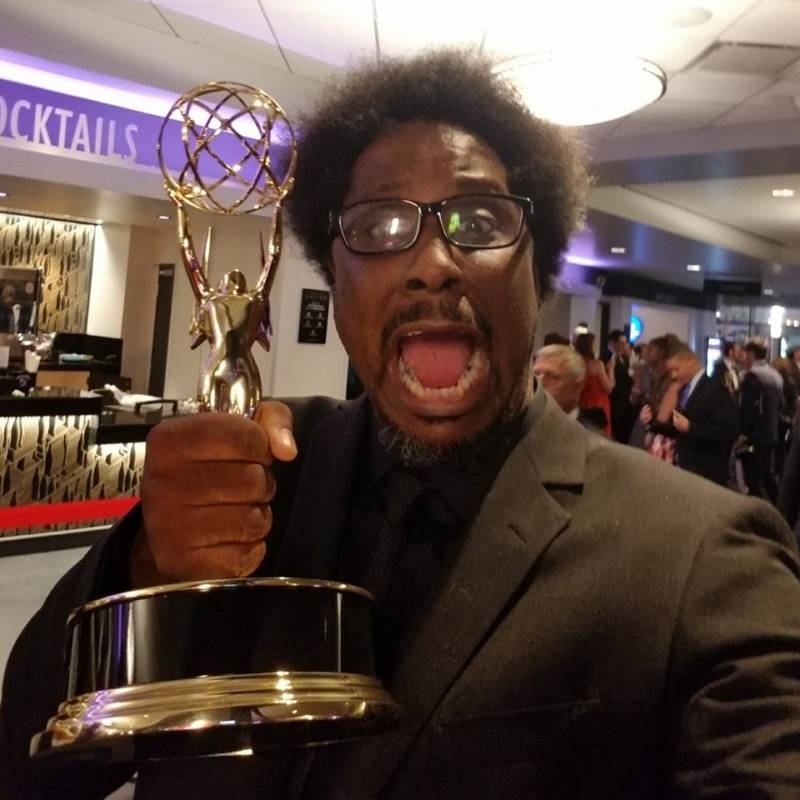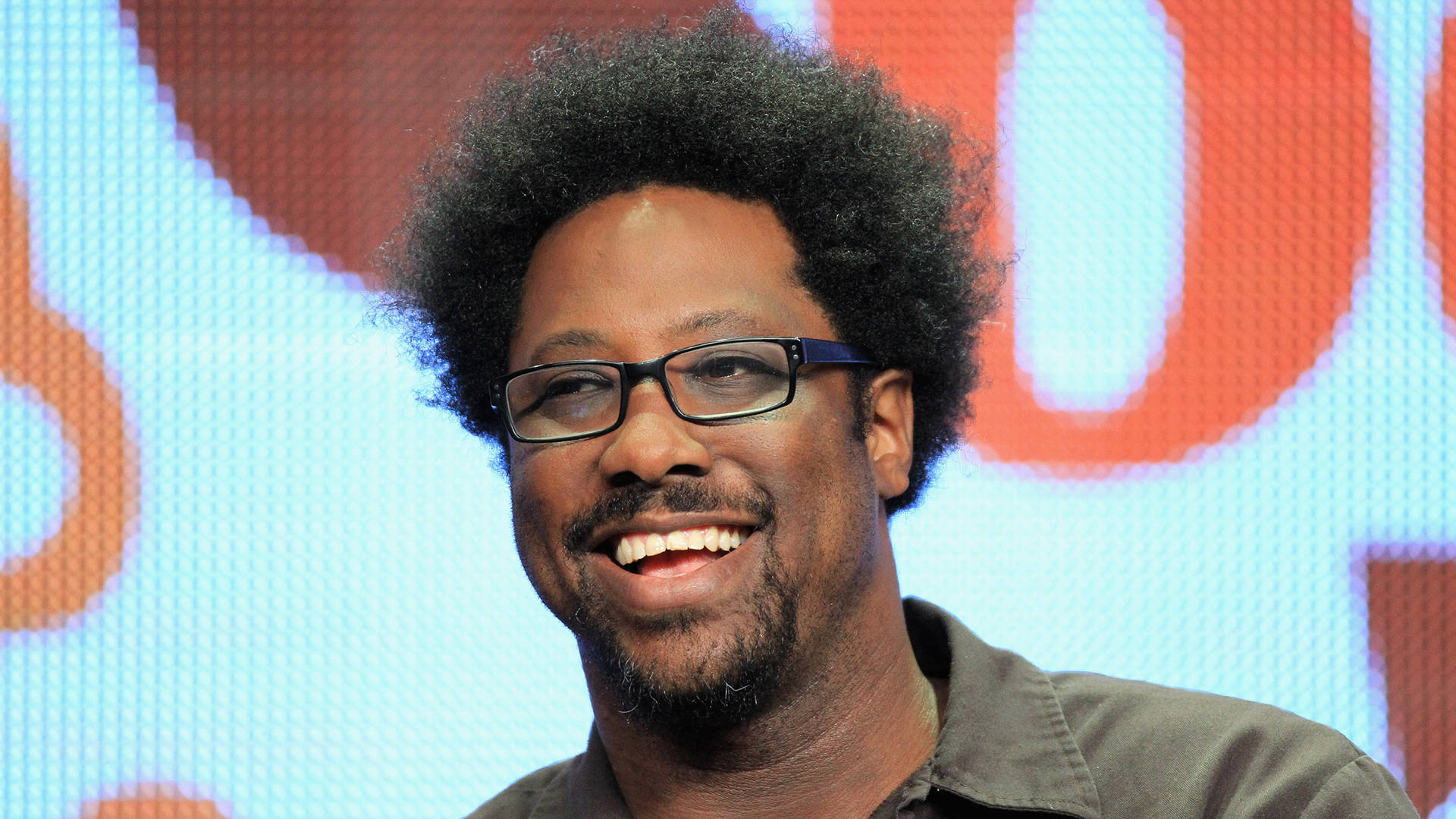“It would’ve been, ‘Once again, Kamau goes to the country club! It just wouldn’t have had the same impact,” Bell said.
Kamau and the production company All3Media decided to use the show to explore the country’s subcultures, and came up with the name United Shades of America.
Yet the first place Bell and the team to decided to visit couldn’t have been more white: the home base of the Ku Klux Klan. The pilot episode, which seemed on its face to be a dangerous trip for its 6-foot-4-inch black host, was Bell’s idea.
“They couldn’t have talked me into it if it wasn’t my idea,” Bell said.
Bell said he’s always been interested in the KKK, and the episode shot for the show’s first season provided a revealing look at the current state of white supremacy almost a year before the riots in Charlottesville. Aired to great critical reception, it showed that white supremacists were quite organized in some areas of the south, and that cross-burnings were still a tradition in others.
“Since then, if I’m ever stopped in an airport, 80 percent of the time we’re talking about the KKK,” Bell said.
It became the show’s flagship episode, leading to the show’s first Emmy nomination, recognition which Bell cites as the reason for CNN’s decision to extend the show a second season. (United Shades lost the Emmy to Born This Way that year.)
Bell and his team kicked off the second season with a show that focused on immigration but also touched on white supremacy — it even featured an interview with white nationalist Richard Spencer. But while that was the episode “everyone talked about,” according to Bell, this year CNN submitted an episode about Chicago’s persistent gang violence for Emmy consideration. For Bell, it was the highlight of United Shades’ second season because it not only portrayed the region’s problems but how hard the community was working to fix them.
“It showed a lot of men who are active members of gangs or had been in gangs, talking about why they knew that wasn’t the life they should be in, and they all had solutions to the problems,” Bell said. “If we solve Chicago’s problem, we solve the problems of all the urban environments in this country.”
After the second season, the show was nominated for two Emmys — Outstanding Unstructured Reality Program and Outstanding Host for a Reality or Reality-Competition Program. The second nomination was a surprise for Bell.
“I was shocked by that, because I was up against Adam Baldwin, and RuPaul, and Heidi Klum and Tim Gunn, and Snoop Dogg and Martha Stewart. I can’t even get into that afterparty!” Bell said.
Bell lost the hosting Emmy to RuPaul (according to Bell, “RuPaul should win all the awards”) but the show itself won, which Bell said he appreciates for the honor it extends to the whole production team, some of whom have worked in TV for decades without Emmy recognition.
“If I had to choose between me winning my own award and the show winning, I’d chose the show every time,” Bell said. “It’s just more fun that way.”
Now back in Berkeley, Bell remains busy. Between hosting multiple podcasts and performing standup Sept. 14 at the Verdi Club in San Francisco, he’s currently working on a third season of United Shades of America.





